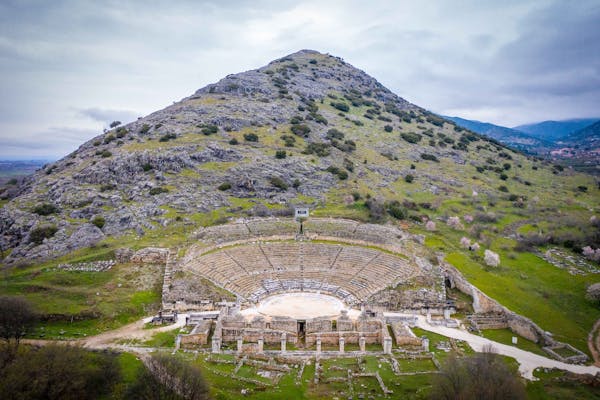The book of Acts is largely silent about Peter’s ministry, especially his later years. But silence is not an indication of inactivity and Peter’s life was far from stagnant. Beginning with Pentecost the church began a period of exponential and widespread growth. During this time of nascent expansion, Peter’s gifts proved to be invaluable to the church. His close ties to Jesus added weight to his ministry; Peter was with Jesus when he was arrested, saw him crucified, and saw him raised from the dead. His eyewitness testimony helped many to accept the gospel and was the means of spreading the good news throughout the empire.
But with great privilege comes great responsibility; Peter had experienced the gift of three and half years of close association with Jesus and the responsibility entrusted to him as a result spurred him to work with greater zeal.
The turning point in Peter’s life came during the aftermath of his denial of Jesus on the night before his crucifixion. Jesus had tried to spare Peter the heartache of what was to come, providing him a final warning in the garden just before his arrest. Sadly Jesus’ warning was also laced with a sense of inevitability and a gentle reminder to stand up and keep going.
“Simon, Simon, behold Satan demanded to have you, that he might sift you like wheat, but I have prayed for you that your faith may not fail. And when you have turned again, strengthen you brothers” (Luke 22:31-32)
How many times in our lives has Satan demanded to have us that he might sift us like wheat? How many times have we yielded to his demands? And how many times has Jesus prayed for us, like a mother praying over a sick child in the dark hours of the night, rooting for us and pleading for us to survive the trial? Even though Jesus had an inkling that Peter would fail he offered him hope. Peter might fall but he would turn again and then instead of allowing discouragement and remorse to eat at him he was to look outward to strengthen the faith of his brothers.

